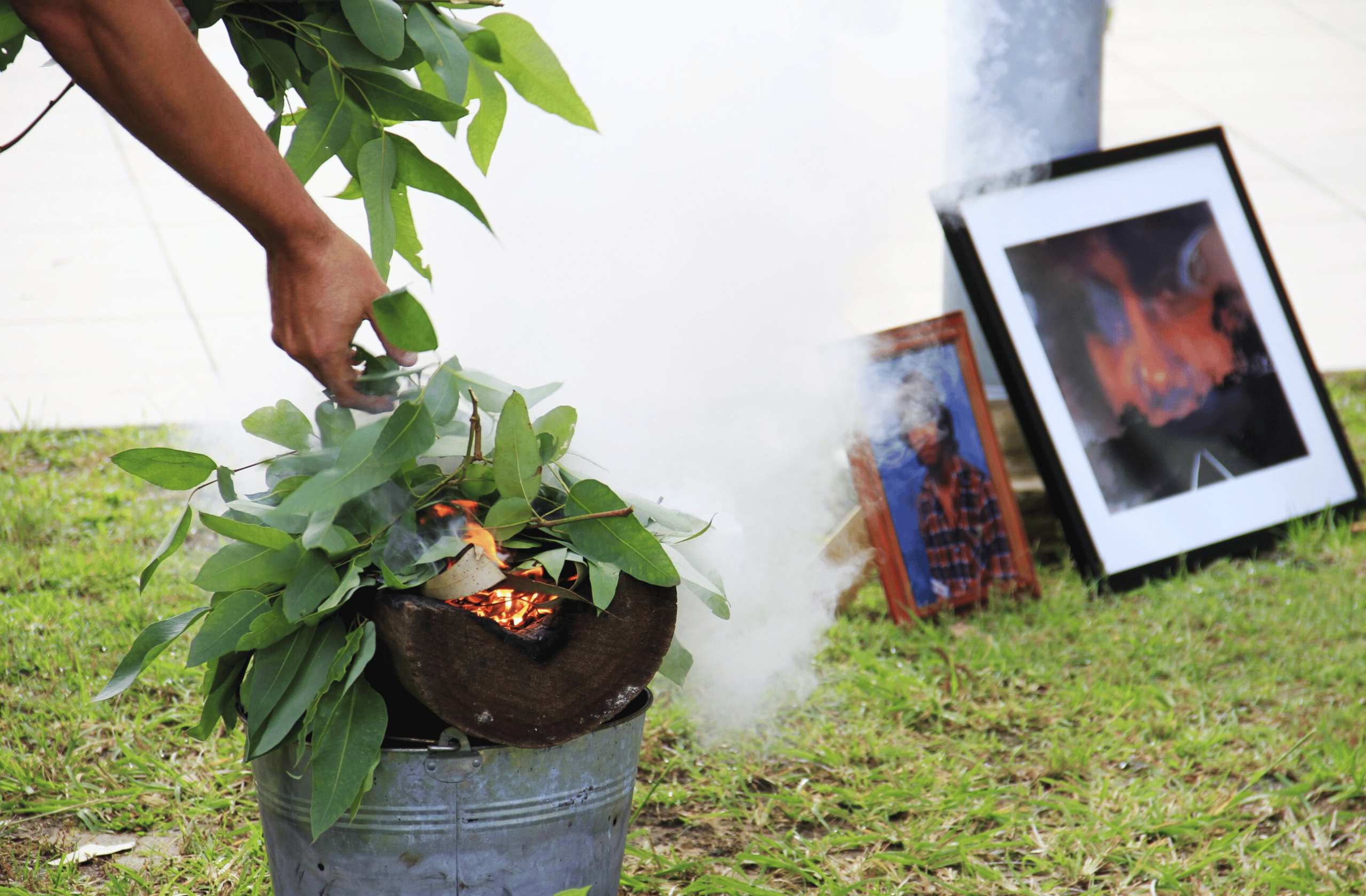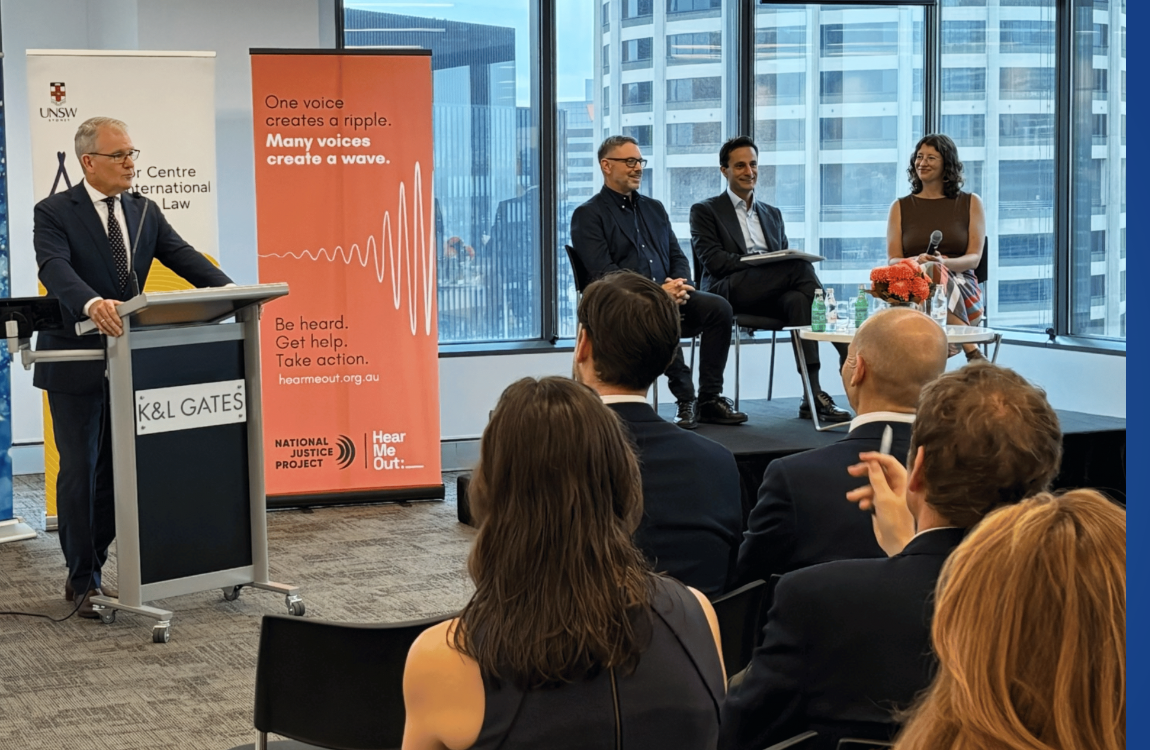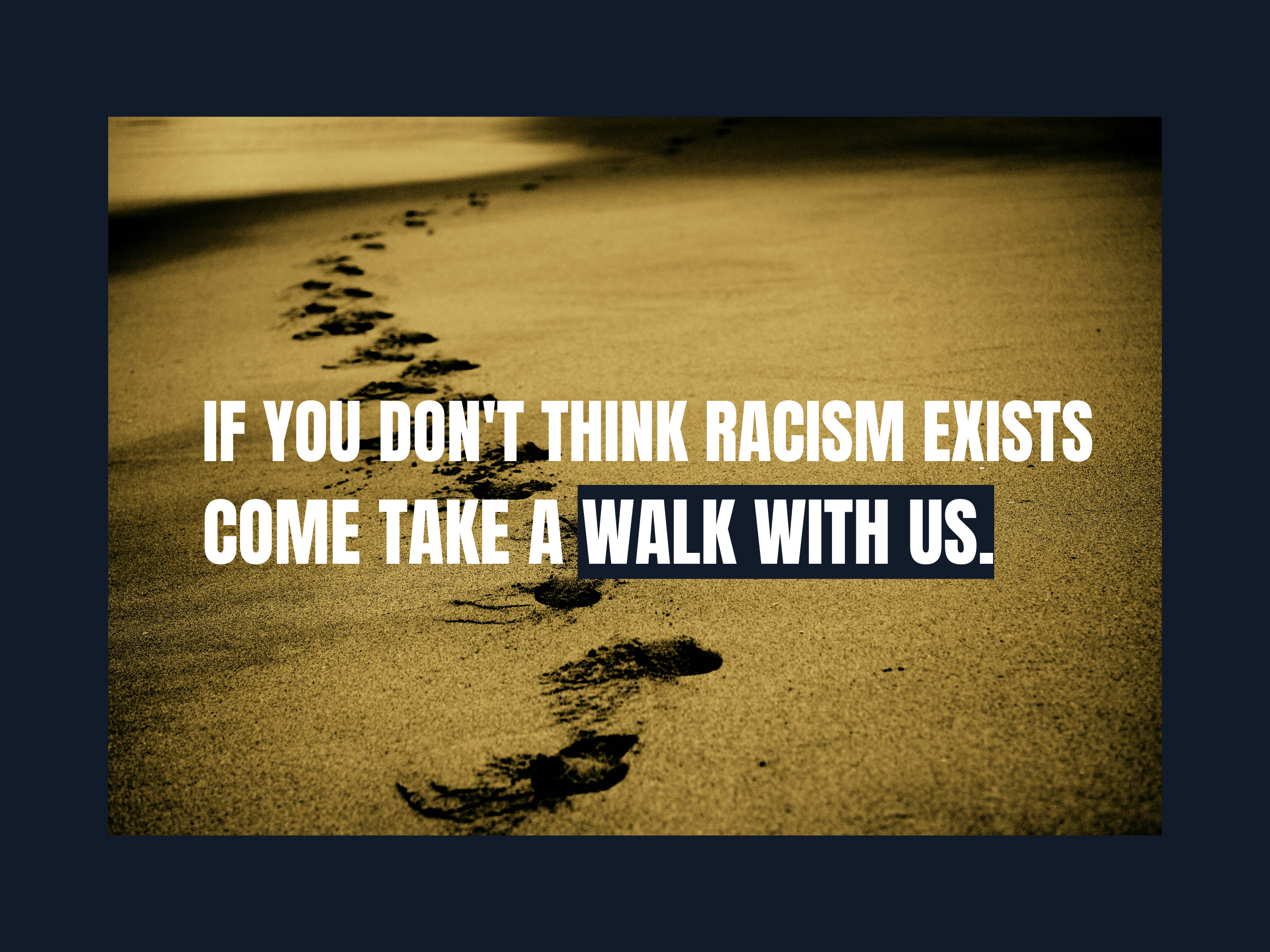The National Justice Project says a damning Human Rights Watch report on Western Australia’s child protection system tells a shocking story of Aboriginal children being removed from their families by a system that focuses more on policing families than providing them with needed support.
Aboriginal children make up nearly 60% of the Western Australia’s out-of-home care system despite Aboriginal children representing only 7% of the child population. The report “All I Know Is I Want Them Home” details the disproportionate removal of Aboriginal children from families in Western Australia with authorities removing children from mothers fleeing domestic violence and from parents facing homelessness.
National Justice Project Senior Solicitor Karina Hawtrey contributed to the report and supports the Human Rights Watch call for First Nations people to be central to decision-making on ending the overrepresentation of Aboriginal children in child removals by the state.
Ms Hawtrey told Human Rights Watch that Western Australia was one of the few states in the country to legally permit ‘unborn child safety investigations’ which can act as a deterrent for women accessing prenatal healthcare.
“The ideal situation is that any investigation occurring during pregnancy is being used to identify supports that can be provided to the mother before the child is born to prevent the risk of future removal. However, in practice, these investigations can lead to a higher level of scrutiny of expecting mothers and higher rates of early removal,” she said.
The National Justice Project also raised concerns about the high rates of removals occurring in Western Australia without warrants or with warrants that denied parents the opportunity to present their side of the argument in court.
“Where parents are excluded from the early parts of the child removal process, their child can be taken from them before they have the chance to respond to the Department of Communities’ accusations of the risks of harm to their child or to make changes to address them.
“Parents are also unable to correct any factual errors in the Department’s account or present their own views and evidence until much later when a case goes before the Court. In circumstances where governments and public servants make decisions about a person’s rights, like the right of a parent to care for their child, there is a legal duty to make sure that the person has a chance to respond to any allegations made about them, known as procedural fairness.
“In the area of child protection Governments have created laws which allow them to avoid this duty despite the risk of unfairness to parents and caregivers,” she said.
The National Justice Project will continue to work seeking change in this area.
Media enquires to media@justice.org.au
Media Coverage
- Major Human Rights Watch report shines light on Aboriginal child removal crisis in WA
National Indigenous Times, 27 March 2025 - Human Rights Watch report shows DV, homelessness can lead to Indigenous children being taken into care
ABC News, 27 March 2025 - Aboriginal women are scared to seek help for fear their children will be taken, report finds
The Guardian, 27 March 2025 - Aboriginal women avoid help for domestic violence, fearing their children will be removed: Human Rights Watch
Women’s Agenda, 27 March 2025








